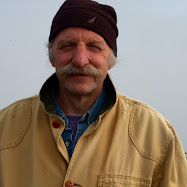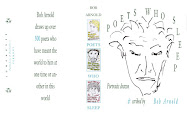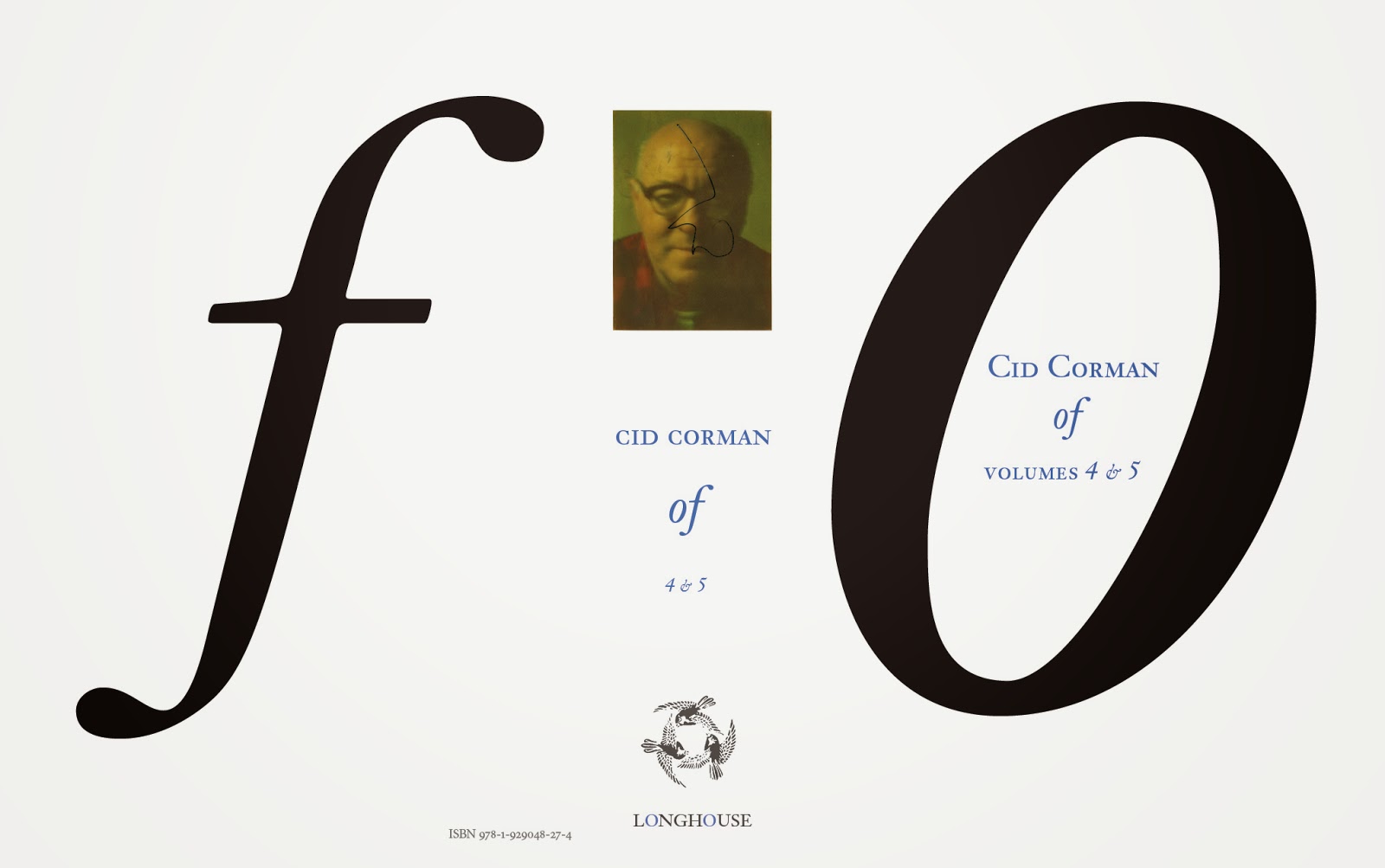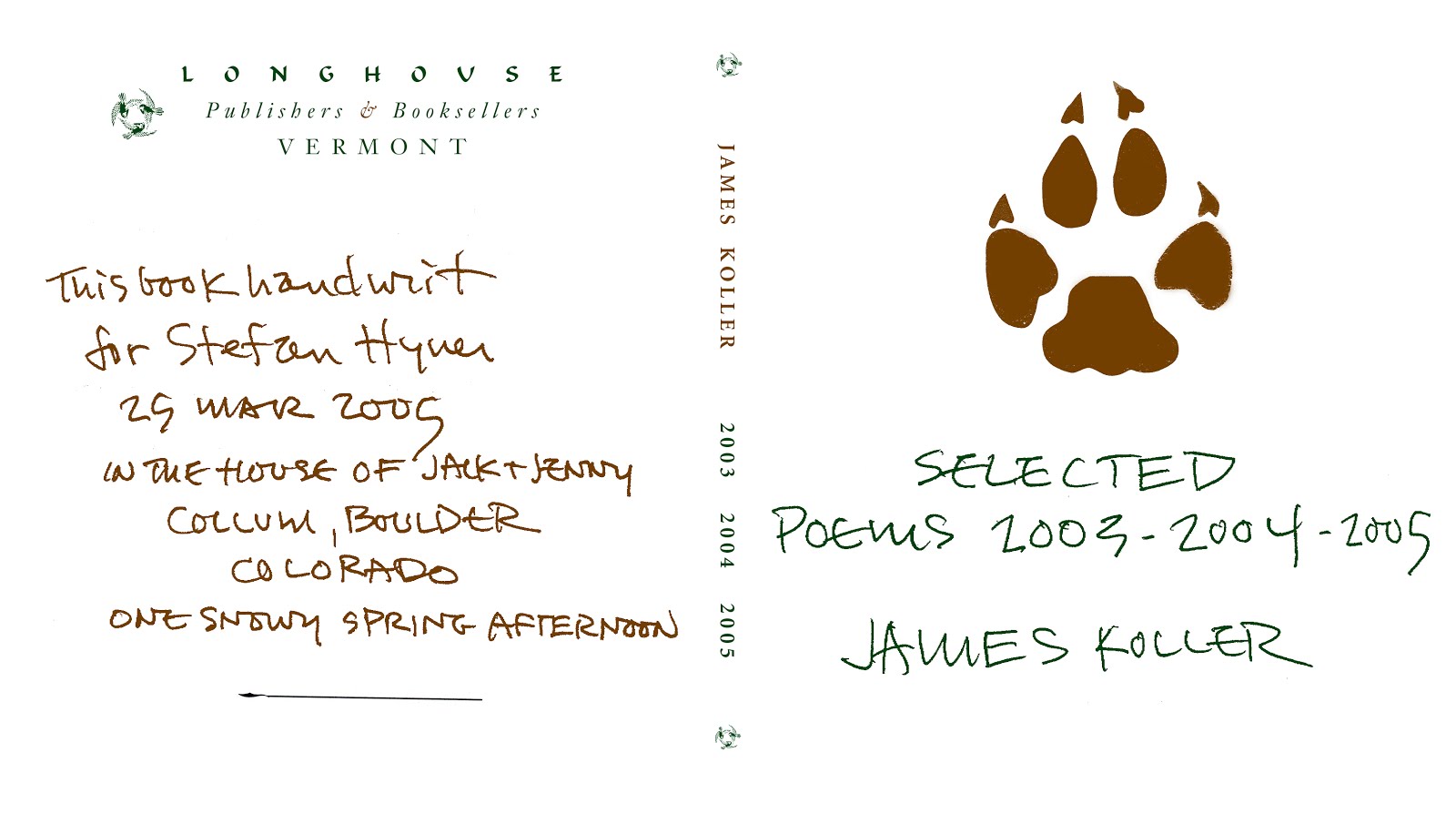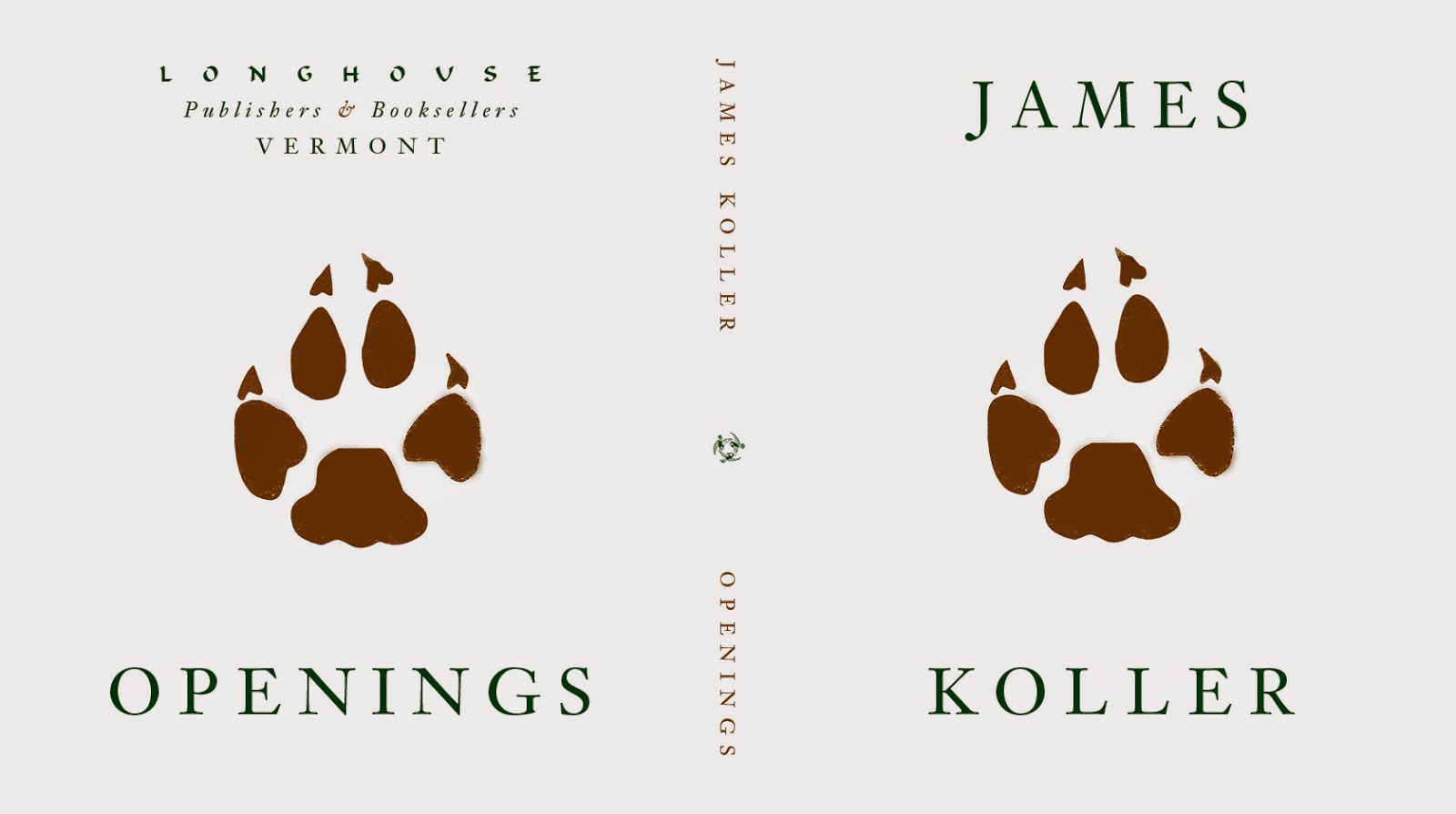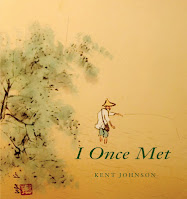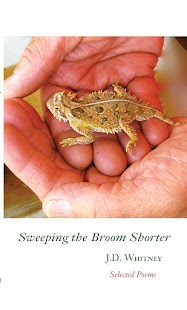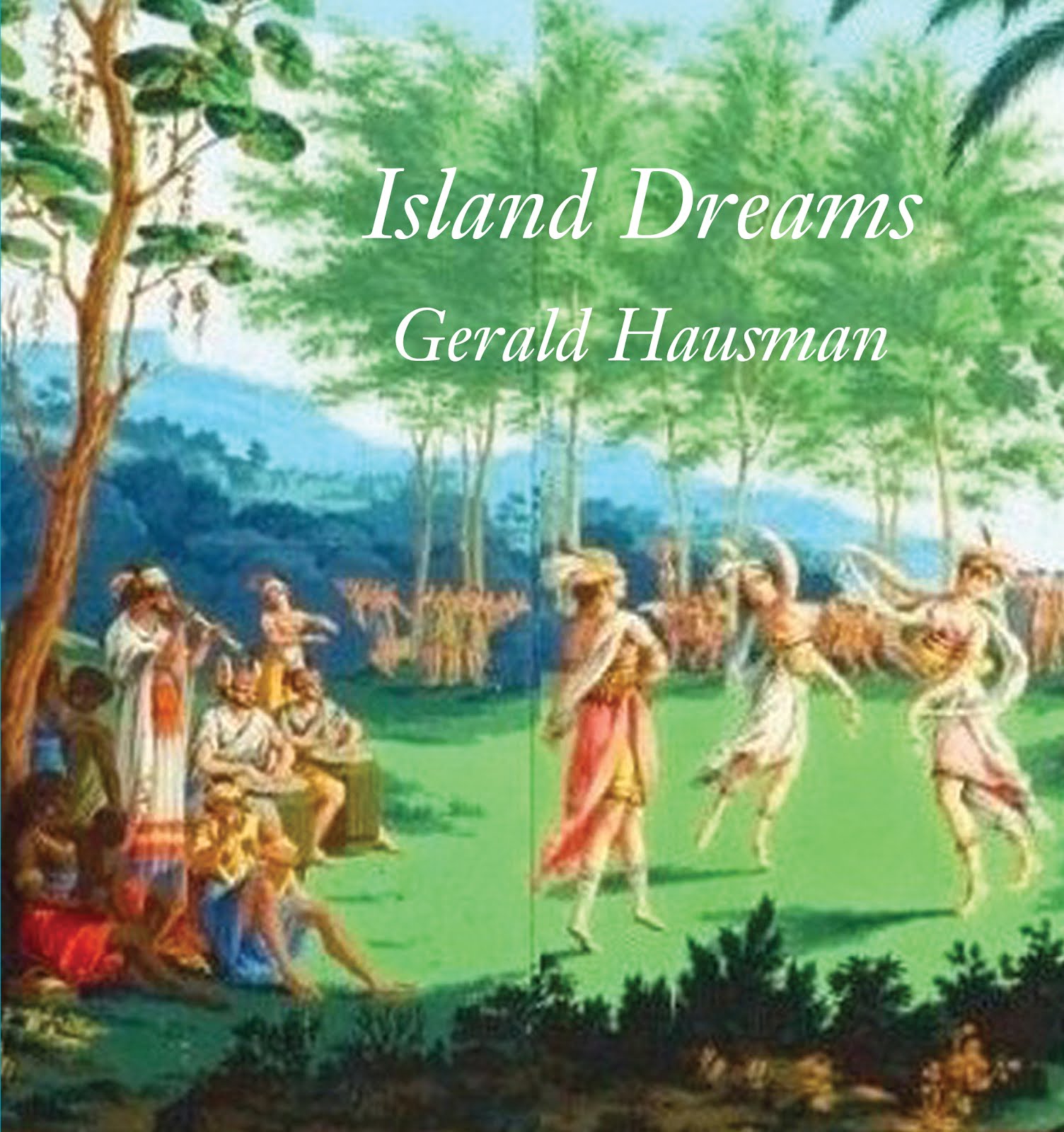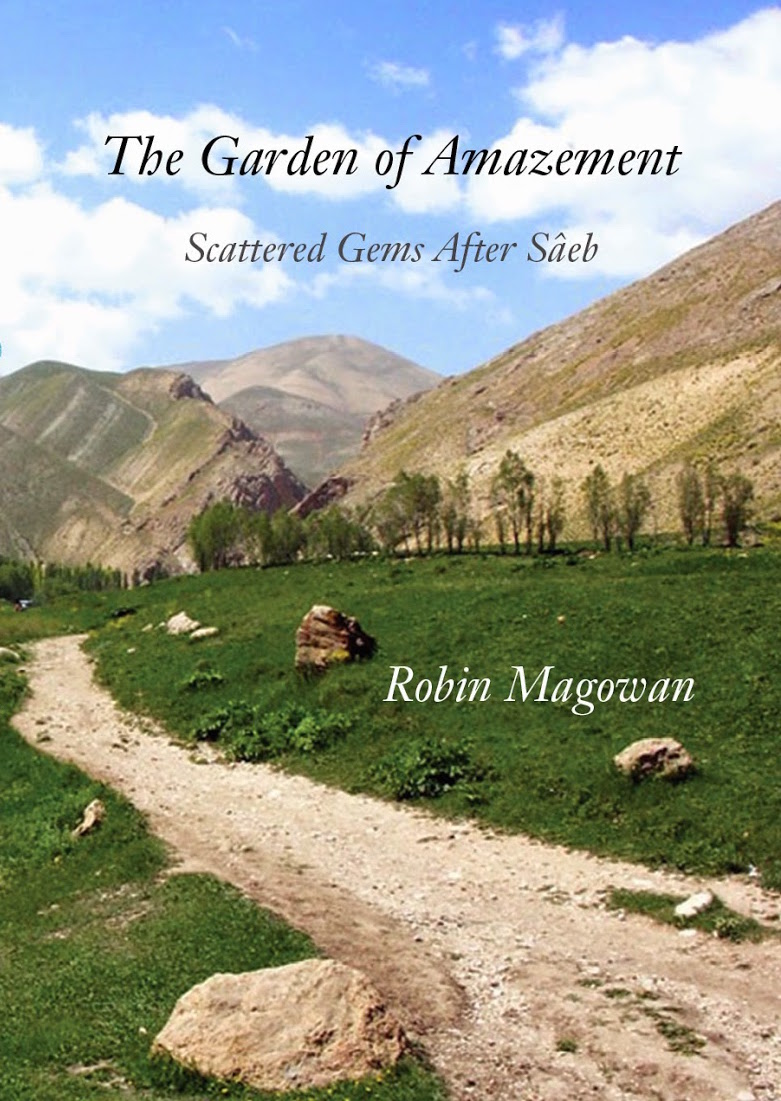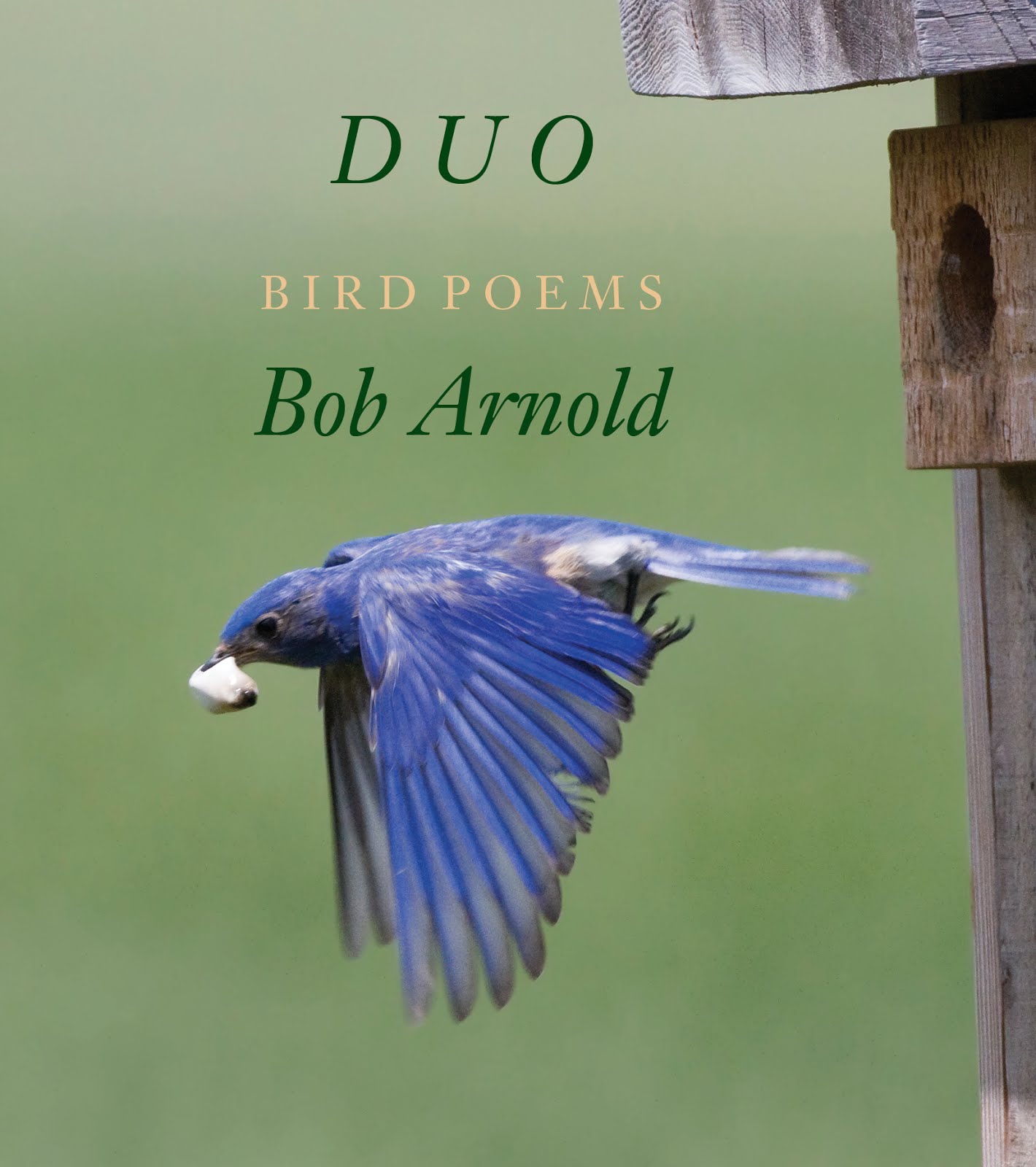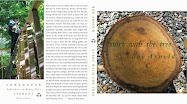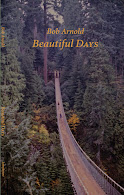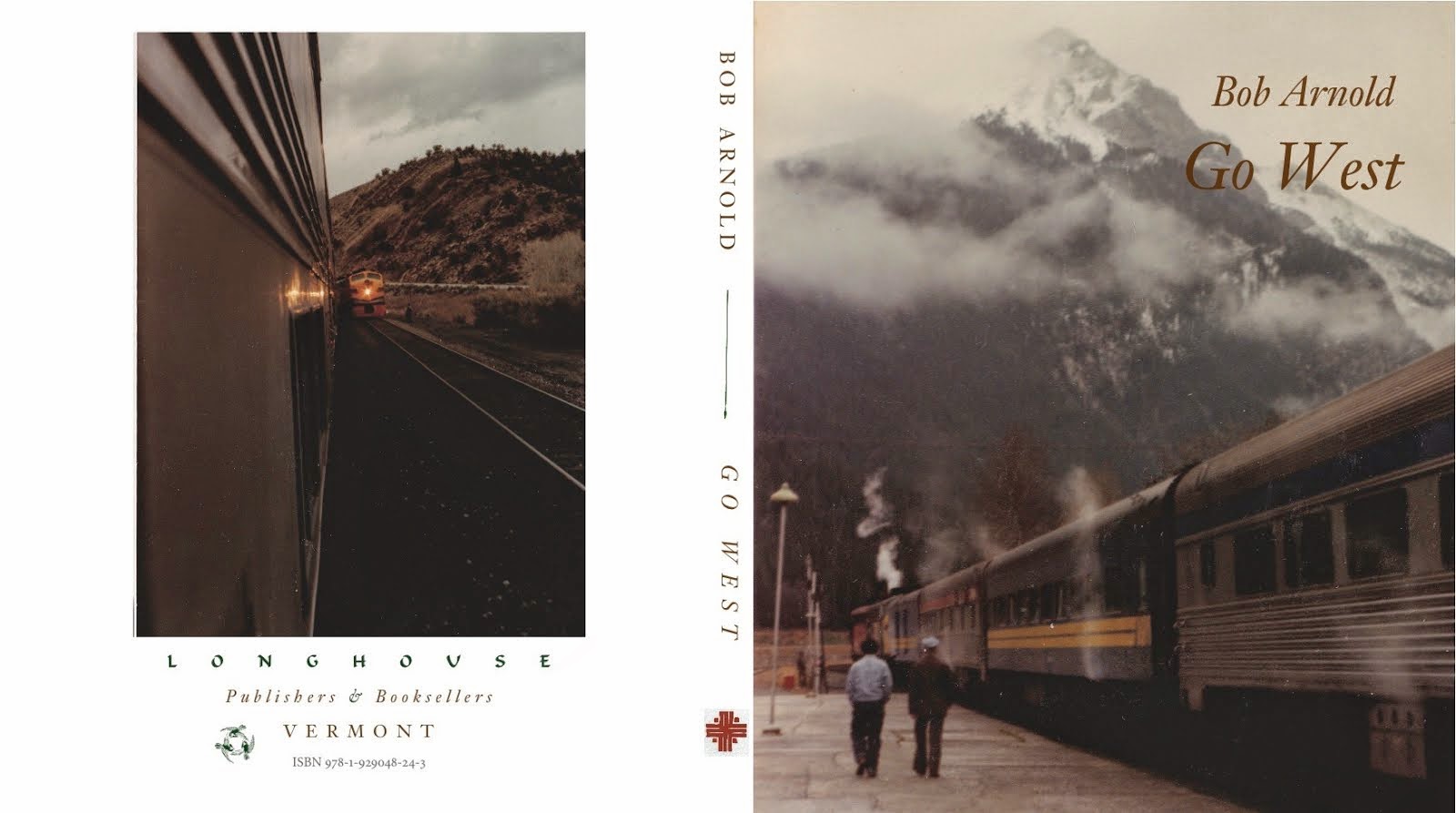FRUIT
---I'm scattering fruit around
on the sun-white ground.
---Tightwoven wicker baskets hold
piles of Brazilian gold.
From Brazil, look, child, they sent us
sleepy clusters of siestas.
As I empty out the glory,
colors and scents go rolling.
---You crawl off in hot pursuit
of the fleeing-maiden fruit —
see the melting medlars roll,
the tattooed, prickly pineapple.
---And they smell of Hy Brasil,
breast where earth can suck its fill,
that lets the whole Atlantic spill
from its lap when it's too full. . .
---Touch them, kiss them, play and suck,
learn the different ways they look.
Tonight you'll dream your mother's chin
has become as black as sin,
and night's a basket black as soot,
and the Milky Way bears starry fruit. . .
FRUTA
---En el pasto blanco de sol,
suelto la fruta derramada.
---De los Brasiles viene el oro,
en prietos mombres donde canta
de los Brasiles, niño mío,
mandan la siesta arracimada.
Extiendo el rollo de la gloria;
rueda el color con la fragancia.
---Gateando sigues las frutas,
como niñas que se desbandan,
y son los nísperos fundidos
y las duras piñas tatuadas. . .
---Y todo huele a los Brasiles
pecho del mundo que lo amamanta
que, a no rener el agua atlántica,
rebosaria de su falda. . .
---Tócales, bésalas, voltéalas
y les aprendes todas sus caras.
Soñarás, hijo, que to madre
tiene facciones abrasadas,
que es la noche canasto negro
y que es frutal la Víe Láctea. . .
~ Gabriela Mistral
translated by Ursula K. Le Guin
(University of New Mexico Press)
from About Mistral
Like most North Americans I knew nothing about the poet. She was a whole world to discover, a wild terrain, a new language.
I'll say little here about her work; it seems better sense to let it speak for itself. My introductions to the six parts of the book sketch out her life story and the nature of the poems. Of her life it's enough here to say that she was born in Chile in 1889, traveled and lived all over Europe and the New World, and died in the United States in 1957.
I do want to talk about her current obscurity, for she was a famous poet in her lifetime. One would expect a Nobel Prize winner to be well represented in English. All I have found is a small volume of translations by Langston Hughes; a larger selection by Doris Dana; a good recent selection by Maria Giacchetti of poems and prose; and a translation by Christiane Jacox Kyle of some early prose-poems.
It is not just a problem of language, or a North-South problem. Mistral's work is only partly accessible even in Chile. Her roving life left her works curiously dispersed. The four books of poetry published during her lifetime came out in New York, Madrid, Buenos Aires, and Santiago de Chile...
...The problem of Mistral's reputation also has something to do, alas, with gender. Having been adulated as a poetess, she is not read as a poet.
Who's afraid of Gabriela Mistral?
I'd say anybody who reads her might well be afraid of her. She can be frightening strange. Many of those who wrote about her had to tame her, to reduce her, before they could admire her. The formidable woman who scared off her suitors and fled from her patrons got petted and patted down into acceptable femininity. Biographers have magnified an adolescent romance into a lifelong obsession, while either deploring or ignoring the fact that she lived most of her life in sexual independence of men. They have crooned over her for being childless, while scarcely mentioning the fact that she had a child by adoption and brought him up for seventeen years. The "Gabriela" they give us is all cliche — a blighted romance then a lifetime of tears . . . a sexless schoolmarm yearning over children . . .
She was a school teacher and also an eminent, internationally recognized, professional educator. She was for years a brilliant cultural envoy for her government — Madrid newspapers in 1933 called her the "spiritual ambassadress of Spanish America." She took children seriously and wrote poems for and about them; she also wrote about children and other underprivileged people with fierce political topicality. She grieved at being barren, was fascinated by motherhood, achieved it by adoption, wrote about it often, and was almost mortally wounded by the death of her son. Evidently a person of great kindness, who made deep, long friendships, she seems to have found her true home only in an absolute internal solitude. She left Chile at twenty-four and never lived there again and wrote about it all her life. Her passions and self-contradictions are like those of her native landscape — immense, volcanic, absolute.
What she was above all was a poet, self-taught, almost wholly self-made, who worked constantly, tirelessly, all her life, at her craft.
...
Mistral published about four hundred poems; this book contains a hundred and sixty-four of them.
My selection was almost completely subjective. I worked on those that I could translate and abandoned those I couldn't. Personal taste and prejudice certainly led me to some and away from others, but the act of translation is so mysterious to me that I'm unable to explain the process of finding the translatables and the untranslatables. Love and language lead where they will.
URSULA K. LE GUIN
photo:
redalyc.uaemex.mx




